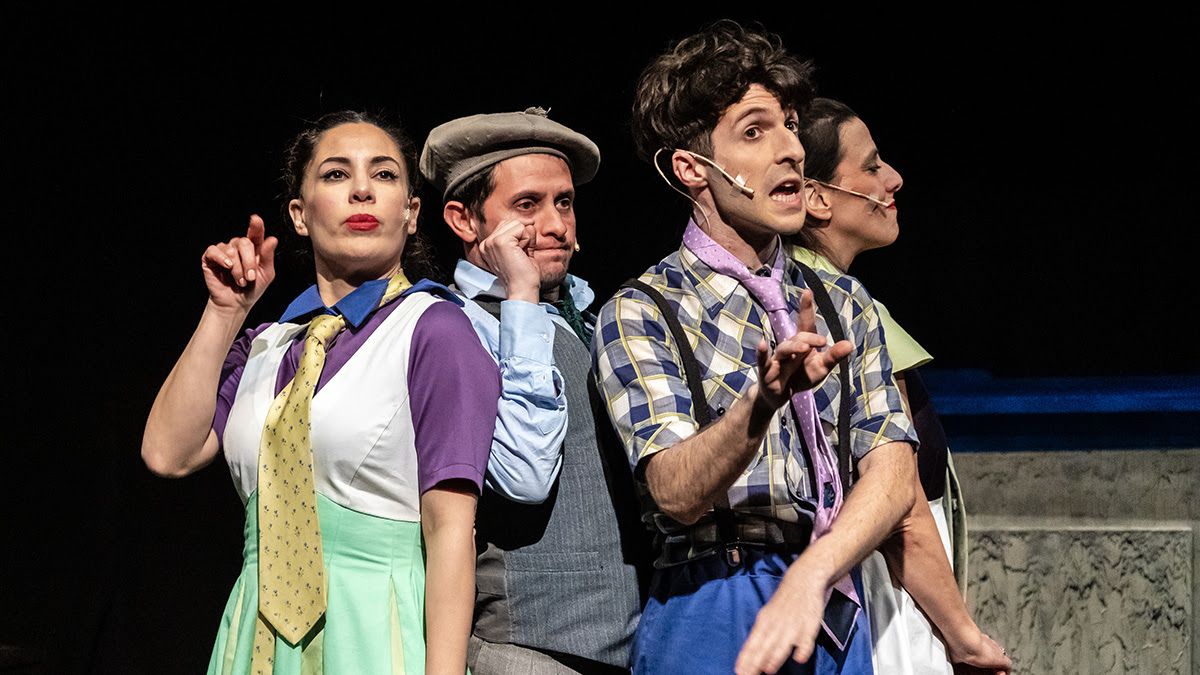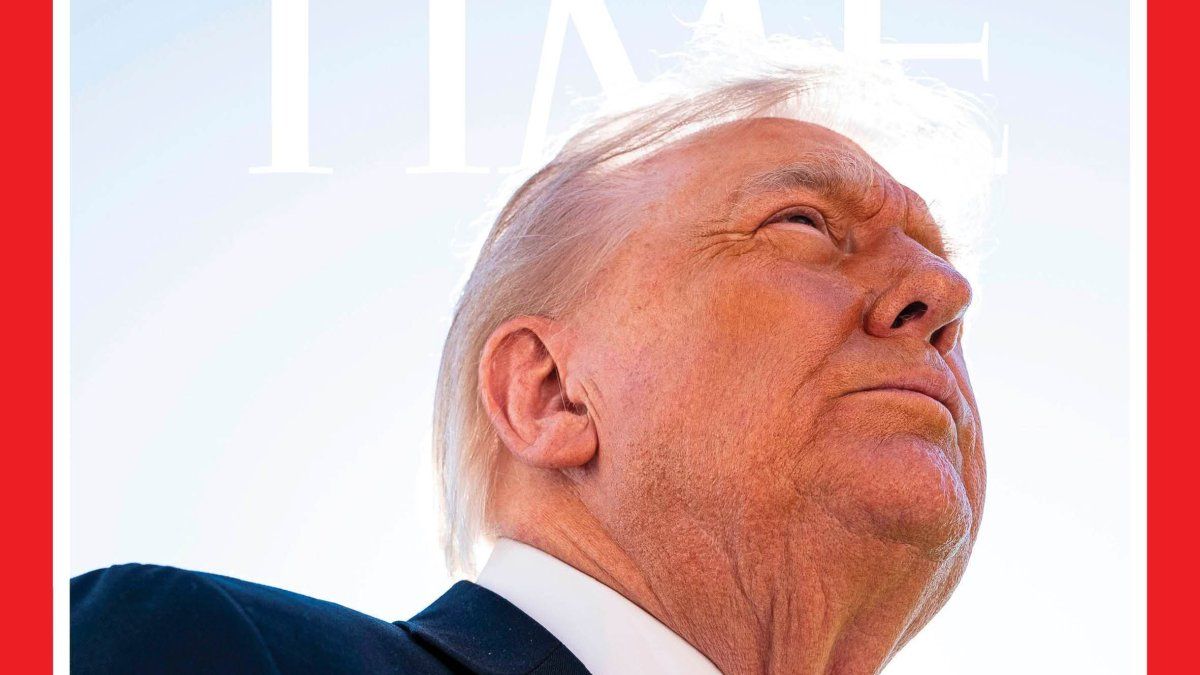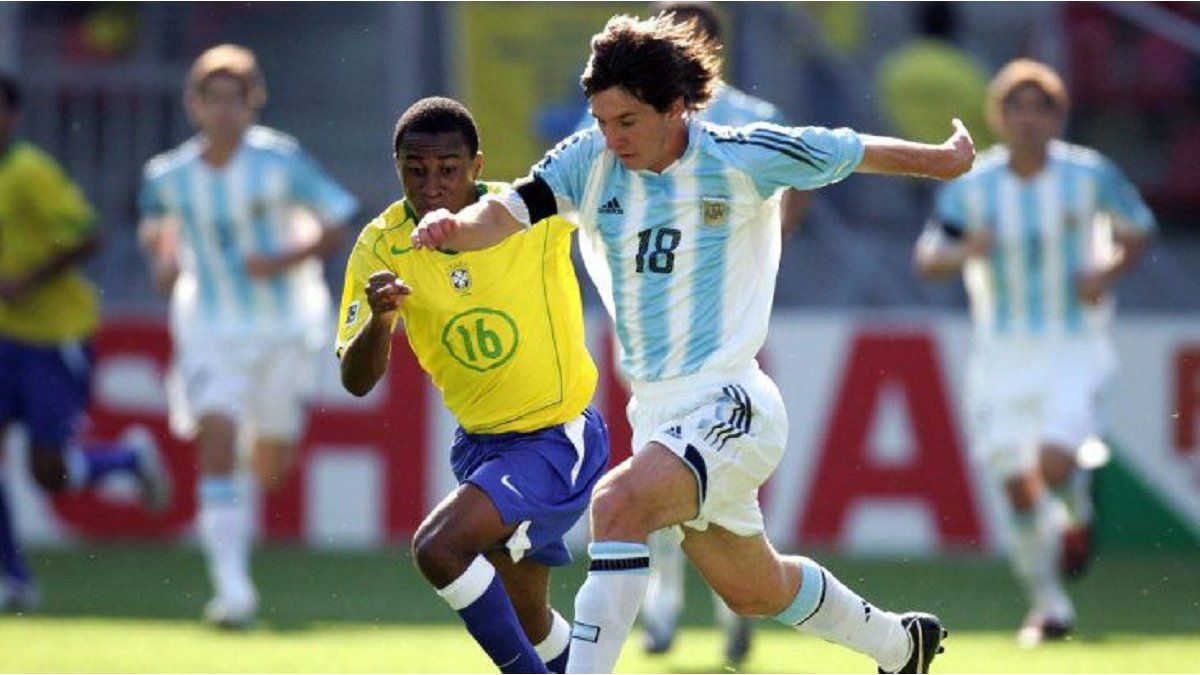“The theater is a niche that the public has preserved, who enjoys going to keep a mango to access,” says Julián Pucheta, that integrates the cast of “I give peace to the barbarian.” The work of Pablo Gorlero It presents its third season in Scaffold 90 on Saturdays and takes the universe of the universe for an adult audience Maria Elena Walsha creator who has marked the life of several generations.
With the actions of Magnificent Mariano, Flavia Pereda, Pucheta and Déborah TurzaThe work in Varieté format, unfolds through four representative figures of María Elena’s dialectic. Different facets of his personality are interpreted by the crush, the one who protests and the child man, who in a sense are one and try to “fan” Magoya, the one who believes everything.
With a vocal and musical direction of Juan Ignacio López, choreography and address assistance from Marina Svartzman. We talked with Pucheta and Turza
Journalist: Why are they always returning?
Julián Pucheta: The work is stainless, unbreakable, it is resignified all the time, we are at a time when we have the work in body, in poses, in the looks, and became more depth in these years that we do it. We are growing, knowing each other and that becomes a backpack that one carries and uses to work. We could all emerge some pains, life situations and work is still alive, we want to get together again, to polish details. The public see it again, others did not see it, now in this independent space very conducive to the work, it grew a lot at the level, it is like naked, peeled, without amplification, with perspiration nearby, with live musicians. We return because we enjoy it very much, because it is pleasant.
Q.: How is this adult audience about María Elena Walsh? What aspects of your life are addressed?
Turza Debora: It is a work in Varieté format as she liked her. The characters represent different facets of María Elena with dedicated to the adult public. Many were censored and forgotten with what there is a rescue of that material. I embody Maria Elena who protests, the most feminist and answer. Flavia Pereda is the crush, there is the child’s man, Magnificent Mariano and Pucheta is Magoya. They are the different Maria Elenas who lived in her.
Q.: How do you see the theater public?
JP: People who do not have to solve other things on a day -to -day basis before going to the theater. The theater is a niche that has preserved the public, who enjoys going is stored a mango and continues to go. What does not mean that it has not lowered because there are other priorities to cover and unfortunately perhaps the theater becomes a sumptuous good, hopefully that does not happen. People give pleasure and go, and if the entrance is more accessible better. You have to continue making promos and providing free cultural proposals to those who are not so accustomed to seeing and building the habit. People continue to go and turn to the theater. There are offers, proposal and variety and people still respond.
Q.: How not to associate Maria Elena’s songbook to the boys?
JP: I am in a dilemma of what it is for boys and what not. Of course, one associates with “to have tea” and other beautiful songs. I have no doubt that we lose the ability to imagine while we grow, we have a more limited thought in that sense, our brain gets into another mood.
DT: There are songs that are in a place in our hearts and they transport us to the happiest moment of our life, childhood, where everything is cooked. Reviewing that María Elena is to return from the place we are now. There are also journalistic texts.
Q.: Do you add news?
JP: With the humor parts there is always a margin of something new but we are not leaving much, what is left over is still valid and does not go out of style. We always have the same conflicts, it is so cyclical that it is a classic. Sometimes one is primed with something replaces one thing with another but there is not much of that, the work is preserved pure.
Q.: How are the shows for boys today, unlike what Maria Elena proposed?
JP: Today I see everything more literal, Chato, immediately, everything made to cause an effect that if it is not now is no longer. Everything is to generate effect in a minute, impregnated with the culture of the video. In contrast, I see transcendence and what extends over time and crosses generations. Hugo Midón has three generations and a beautiful harmony is generated that has to return to sources and education. There are new forms of expression today, there are new generations that were born with another language and I see that we are hurried, nothing has a future because new things appear all the time. It is the culture of the disposable. And those of before had the virtue of becoming classics.
DT: There are many bands and music with very interesting proposals such as “Canticuenticos”, “Vuelta Canela”, very poetic and with humor, related to María Elena. There is also a more commercial place with more spectacular proposals that are also welcome but we must not forget to feed poetry, emotion, rich music in harmony, rhythm, our Latin American music.
Source: Ambito
I am an author and journalist who has worked in the entertainment industry for over a decade. I currently work as a news editor at a major news website, and my focus is on covering the latest trends in entertainment. I also write occasional pieces for other outlets, and have authored two books about the entertainment industry.




